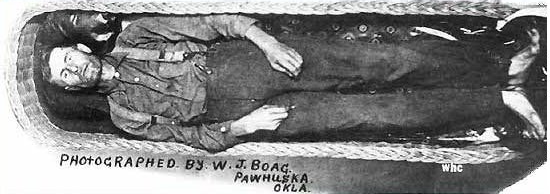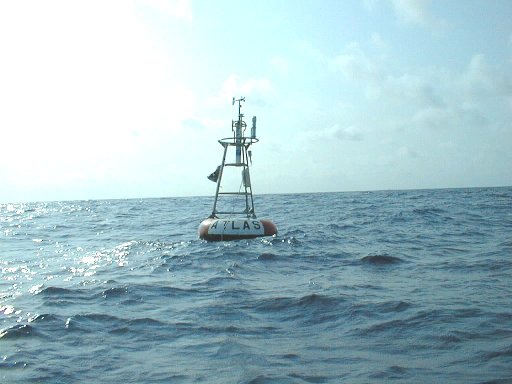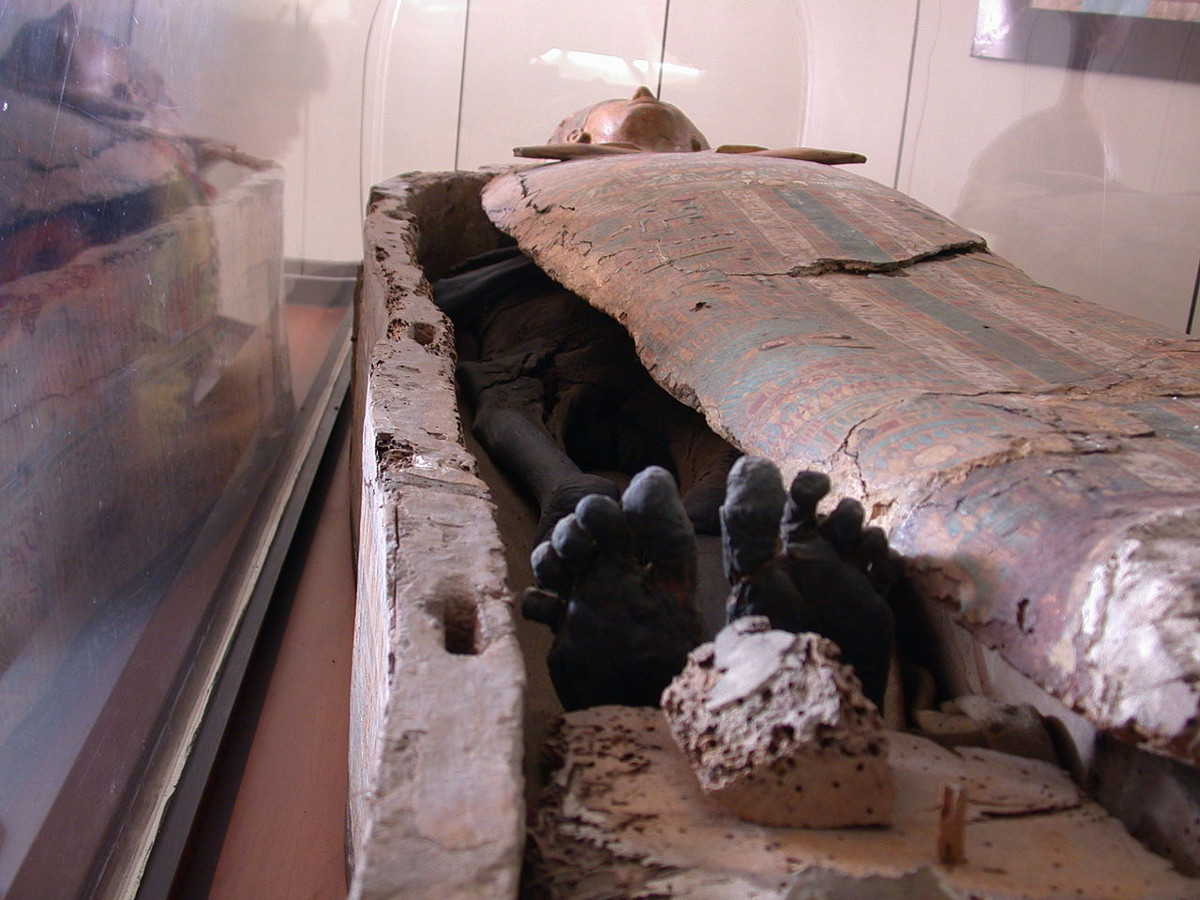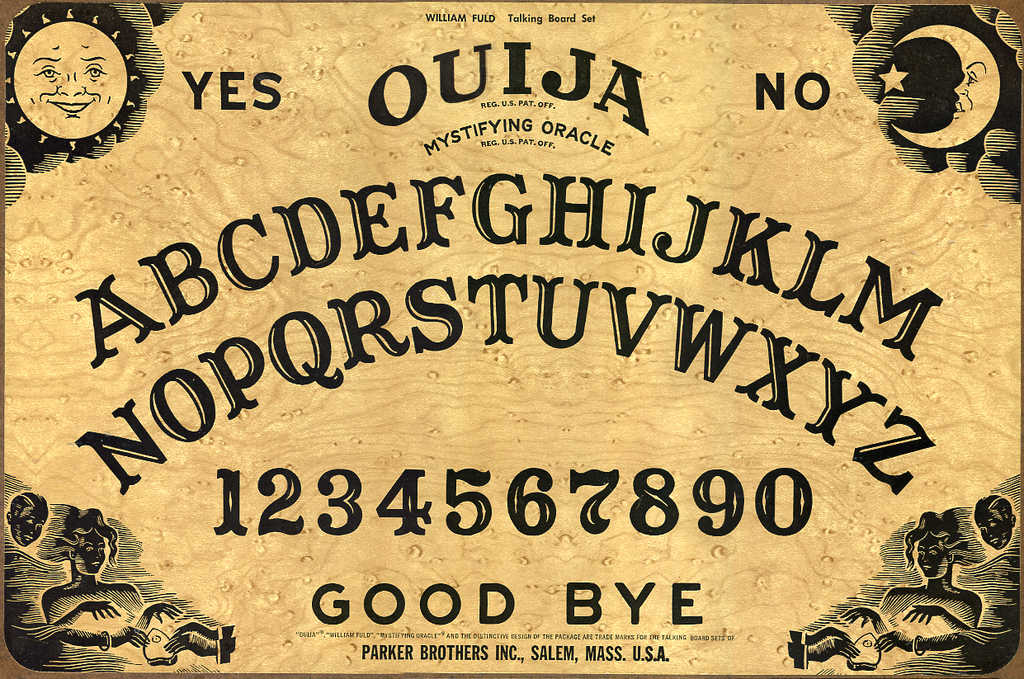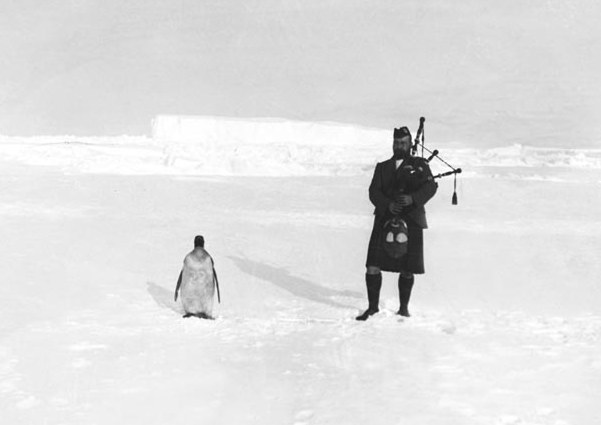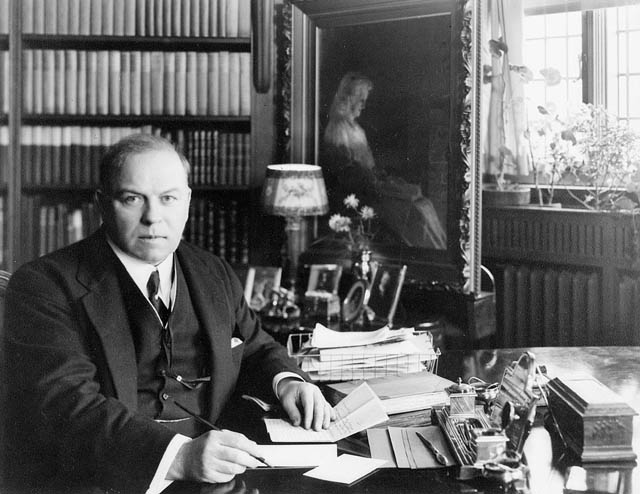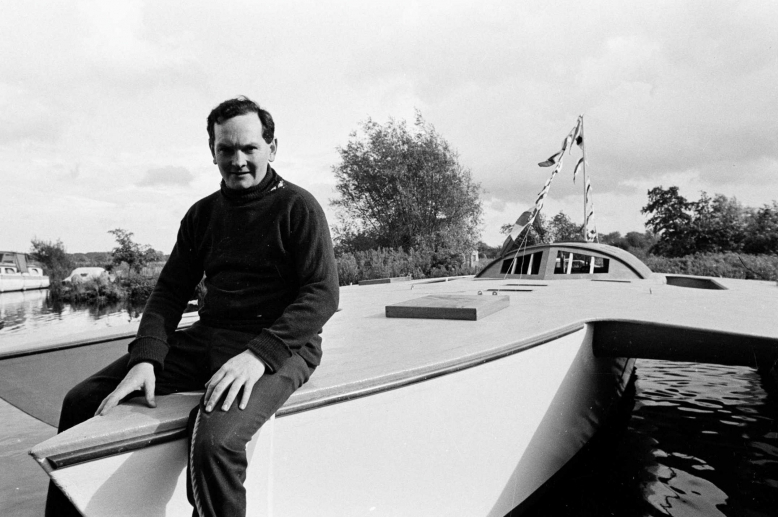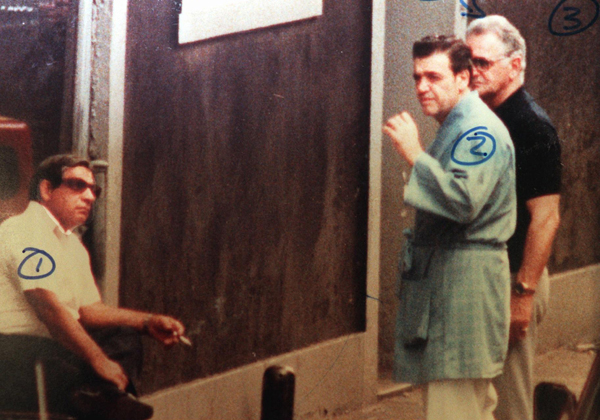
Vincent Gigante, head of the Genovese crime family from 1981 to 2005, feigned mental illness for 30 years in order to throw law enforcement authorities off his trail. Beginning in the 1960s he could regularly be seen shuffling around his Greenwich Village neighborhood in pajamas, a bathrobe, and slippers, mumbling to himself, and quietly playing pinochle at a local club. His lawyers and relatives insisted he had become mentally disabled, with an IQ of 69 to 72.
But informants told the FBI that during this time he was really leading the wealthiest and most powerful crime family in the nation and a dominant force in the New York mob.
At arraignments he appeared in pajamas, and psychiatrists testified that he had been confined 28 times for hallucinations and “dementia rooted in organic brain damage.” “He was probably the most clever organized-crime figure I have ever seen,” former FBI supervisor John S. Pritchard told the New York Times. Mob rival John Gotti called him “crazy like a fox.”
It wasn’t until April 2003, in exchange for a plea deal, that he acknowledged that the whole thing had been a con to delay his racketeering trial. His lawyer said, “I think you get to a point in life — I think everyone does — where you become too old and too sick and too tired to fight.” He died in prison in 2005.

